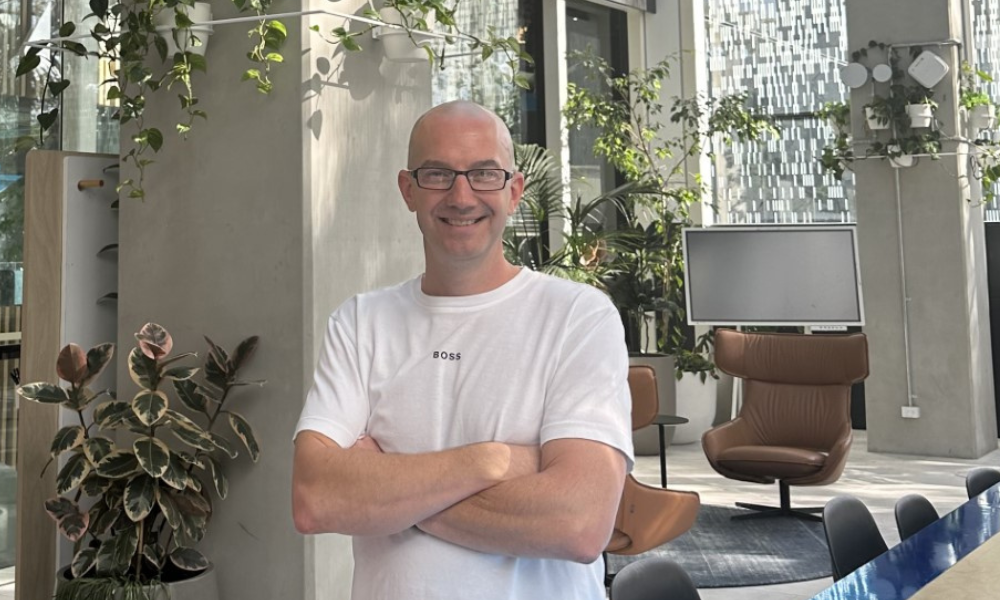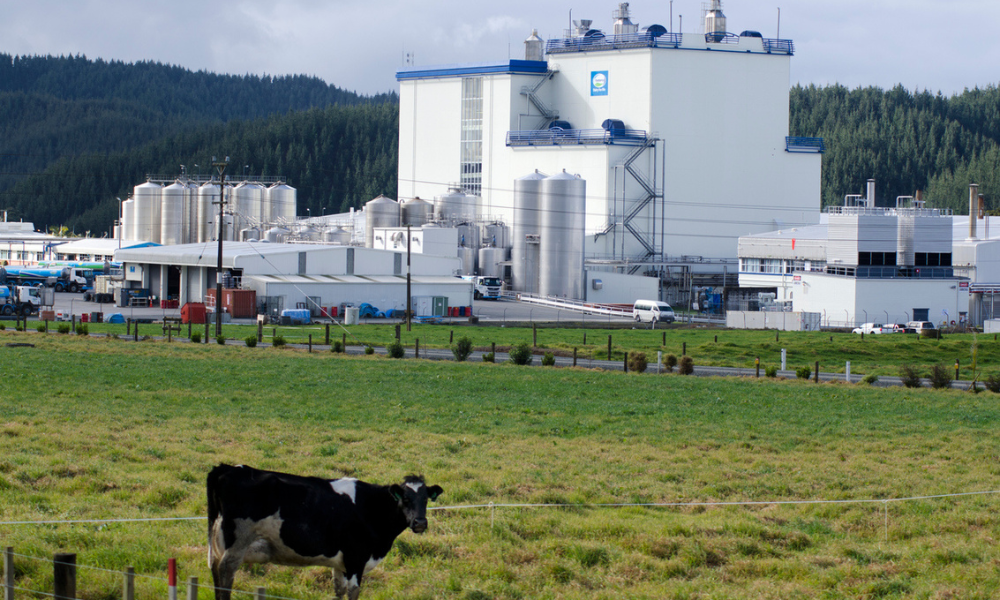The 2025 workplace will have the following four characteristics that will form the core of socio-commercial enterprises
.jpg)
by Rowan Tonkin, senior director, HR Transformation, Oracle
Humans are about to experience the biggest transformation in history. Artificial Intelligence has reached a point where it is ready to transform almost all industries.
Technology is advancing at a dramatic rate, altering the nature and number of jobs available. Generations, new and old, are losing sleep over what and how human beings will stay relevant in the world of automation and ‘thinking machines.’
Augmented Humanity – a new world of work, a world where humans and machines coexist and enhance each other’s abilities. A world where machines will carry out tasks traditionally performed by humans to drive workplace efficiencies and effectiveness. The 2025 workforce and workplace will have the following four characteristics that will form the core of socio-commercial enterprises:
- Augmentation over Automation: People and processes will get replaced by applications that enhance the doer’s capabilities. The traditional application of technology for automating work processes will be irrelevant. More and more emphasis will be on making the ‘Human Talent’ redundant for anything and everything that can be done by machines.
- Demographics becoming irrelevant: Rapid learning and global exposure will nullify the generational differences. Diversity will be of passions and skills rather than demographics. The world will just have two types of people – employable in the augmented workplace or unemployable. Age, gender, ethnicity, pedigree etc. will be irrelevant for deciding role fitment of individuals. Millennials, Generations A to Z will all display similar socio-psychological behaviours, moulded by digitisation.
- Everchanging business models: There will be no such thing as a stable period for any of the businesses. Product life cycles will be shorter and will be often truncated before the peak optimisation is achieved. Organisations will, therefore, need to achieve operational efficiencies with just ‘work in progress’.
- Upturned Maslow’s Need Hierarchy: Self-actualisation will be the single most important human need that will drive productive endeavours. Taking care of the so-called basic needs will be so effortless that their mention itself is likely to disappear. Therefore, individuals and organisations will need to transform themselves, embracing the new world of individual and cultural competencies. The following 4M’s will lead any organisational transition:
Meaning:
-
Individuals will choose opportunities that make their work more meaningful in their context and purpose. People would want to work a lesser number of hours, create greater impact and earn much more.
-
Organisations therefore will need to relook at creating a whole new set of Roles and Jobs, replacing the current ones. Ironical as it may sound, the jobs will need to such that even the mundane ‘essentials’ are excluded. This will need smart transformation using advanced technologies like ML, AI, NLP etc.
Mastery
-
In the augmented age, the desire to develop a deep mastery that is unique will be the critical driver of contentment.
-
Organisations, therefore, will need to understand what mastery means for each individual in the context of work. They will also need to invest in tools and culture that nurture mastery in individuals. Like the arcane redundant concept of employee engagement, mastery will need to be developed one person at a time, and one topic at a time. Organisational enablers of learning will need to change their approach completely not just from enablement, but also from cultural standpoint. CLO’s have a daunting task ahead of them now.
Mobility
-
While PwC predicts Australia will have 50 percent more mobile employees by 2020, mobility will be much more than relocations. Work itself will be ‘Mobile’. Individuals will choose to work on ‘parts’ in ‘parts’. What it means is that complex tasks will be broken down into enjoyable creative pursuits that humans will attend to and algorithmic tasks will be taken over by bots. Work will be done from anywhere and anytime.
-
The other interesting factor of mobility will be that people will not be sector specialists anymore. They will be like artisans who use their specific mastery across industries, geographies and tasks. Lastly, humans will have short-lived interests, therefore they will be moving around careers and not just jobs.
-
Organisations will therefore need to create an ecosystem that enables and leverages the above stated mobility vantage.
Mindfulness
-
Humans will need a completely new neurological networking to be able to focus and create meaningful human contribution in highly distracting, augmented digital world. Mindfulness and connect with the greater consciousness will be the only tools to outsmart machines. Practice of mindfulness will not just be an option but a survival imperative.
-
Organisations, therefore, will go back in time to embrace a more spiritual way of talent development. The focus of workplace Ergonomics will need to evolve from physical to spiritual wellbeing. Leaders will need a completely new set of competencies to lead a largely contended mindful workforce.
These 4Ms are the key to solving both the seen and unseen challenges that the 2025 workplace will face.
Related stories:
Do workers actually prefer the gig economy?
Revealed: 21 Future jobs you'll soon be hiring for








